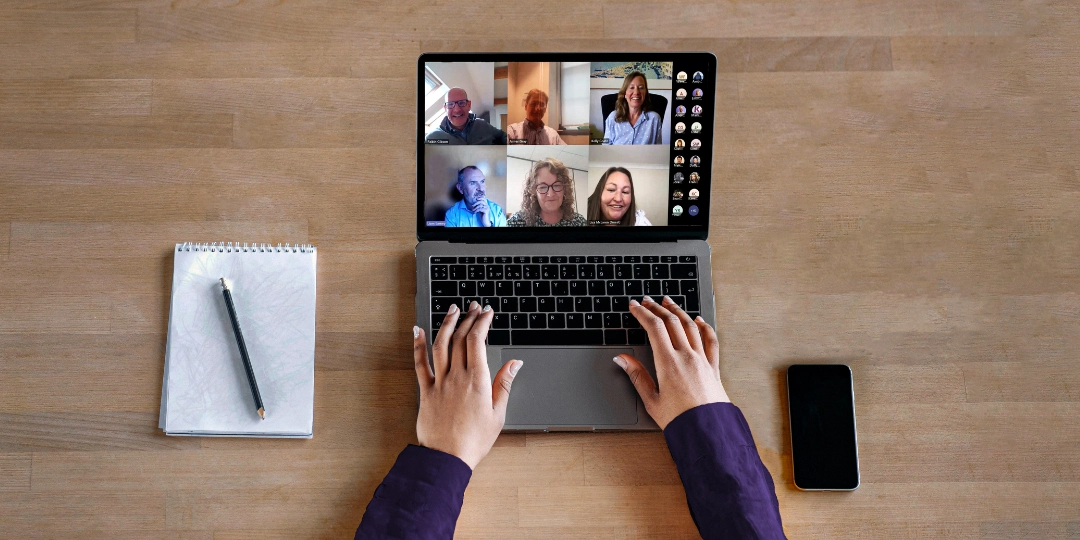Kortext Summer Webinar 2023 — our roundup
On 6th July, we held our summer webinar based on Journey to a Million. UCAS predicts that there could be up to a million higher education applicants in a single year by 2030, an increase of a third on today’s figures.
This increase is likely to impact all aspects of university life, but we focused on the implications for the academic library. It was clearly a topic that resonated with librarians as we were joined by almost 200 attendees, many of whom were library professionals.
During the webinar, we revealed the results of our 3rd Annual Librarian Survey and we enjoyed an insightful panel discussion with experts drawn from across the higher education landscape. Plus, one lucky attendee won cupcakes for their library team! Read on to find out more.
Opening remarks: Journey to a Million — the future library
The event was opened by Kortext’s CEO, James Gray, who noted that our summer webinar marked the end of another significant year in the higher education sector, with many ongoing challenges such as frozen tuition fees, strike action and the launch of ChatGPT.
James outlined the progress made by Kortext since we started our webinar series during the pandemic in July 2020. Our platform has now been adopted by 5000 universities worldwide. We’ve expanded our library, offered more flexible pricing models and streamlined library workflows.
As we move forward, James explained how Kortext is building on those developments with an increased focus on student engagement and experience. Our evolved platform offering will deliver a personalised study experience, advanced analytics and AI-enabled tools.
“Our vision is to enable and enrich the higher education of tomorrow, to help all students fulfil their potential” James Gray.
Our focus on student support is underpinned by sector concerns about non-continuation and student wellbeing. James spoke about Kortext’s coupling with Solutionpath and how their learner analytics platform, StREAM, is facilitating early intervention and targeted student support in universities.
Annual Librarian Survey: an exploration of the results
Following on from the introduction, and getting to one of the focal points, Robin Gibson (Marketing Director, Kortext) led an analysis of the results of our 3rd Annual Librarian Survey, which gathered responses from 68 library professionals.
Our survey findings shed light on university libraries today and in the future. We’ll discuss the results in more detail soon, but here are some of the highlights.
Panel discussion: Journey to a Million — the implications for the academic library
The highlight of our webinar was the panel discussion. Our expert panellists were Professor Kelly Coate (PVC Education & Students, University of Sussex), Liam Earney (Managing Director HE & Research, Jisc), Lisa McLaren (Deputy Director, SCONUL), Clare West (Head of Library Services & University Librarian, Bournemouth University) and James, our CEO.
The panellists discussed how the university library might evolve in response to increasing student numbers, changing student needs and technological advancements. It was a fascinating conversation, with the benefit of insights across the sector. Some of the key themes were as follows.
Building trusted partnerships – the panel explored the perception of an adversarial relationship between suppliers and vendors. They emphasised the importance of open communication, increased understanding and finding common ground to foster a more collaborative approach. However, they acknowledged financial constraints in higher education present a significant challenge.
Streamlining learning resources – students have expressed a desire for a single, user-friendly platform to access learning resources, instead of multiple platforms with different interfaces. The panel emphasised the need for interoperability and a well-designed approach informed by pedagogy to enable a personalised and accessible user experience.
Supporting diversity and well-being – the panel discussed how libraries must meet the needs of a diverse range of students, promoting digital literacy and creating inclusive library spaces. The role of libraries in supporting well-being through well-trained staff, signposting to other services and providing a safe environment was also highlighted.
Utilising artificial intelligence – finally, the panel explored the opportunities offered by AI tools for academic libraries, such as streamlining workflows and enhancing discovery processes. The panellists emphasised the need for open-mindedness and engagement with AI, welcoming its potential to enhance teaching, learning and research.
Concluding thoughts
Andrew Bates (Chief Product Officer, Kortext) provided a product update on library acquisition workflow plans, enhancements to the student experience, and AI platform developments before James closed the webinar with some final thoughts.
“We are going through a time of unprecedented change and we’re all involved in reimagining what higher education looks like tomorrow” James Gray.
He emphasised that the focus should be on effective collaboration to enhance teaching, learning, and student outcomes. Partnership is the key to achieving our shared goals of shaping higher education and supporting students in the best possible way.
Congratulations to the cupcake winners – the library team at the University of Portsmouth!

